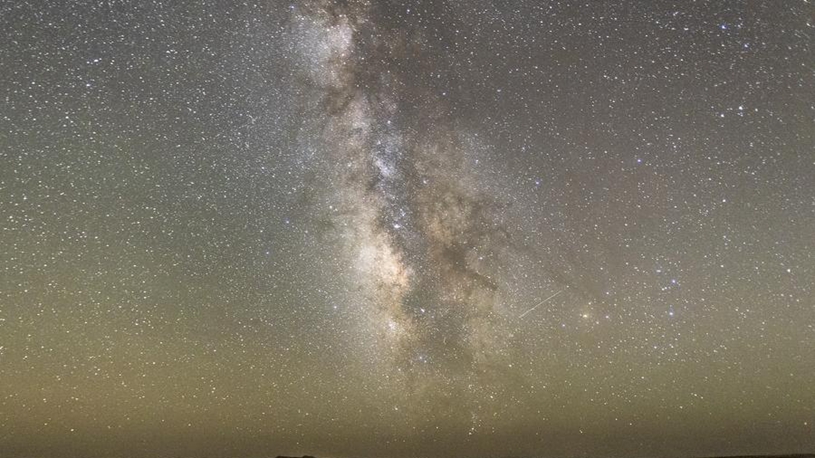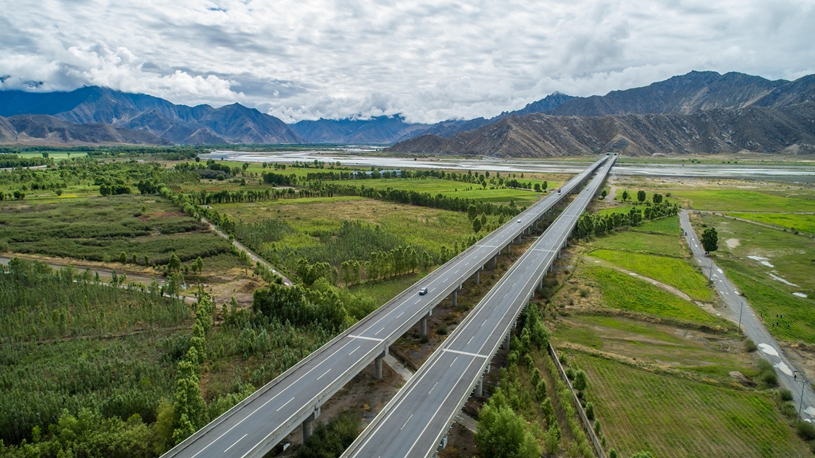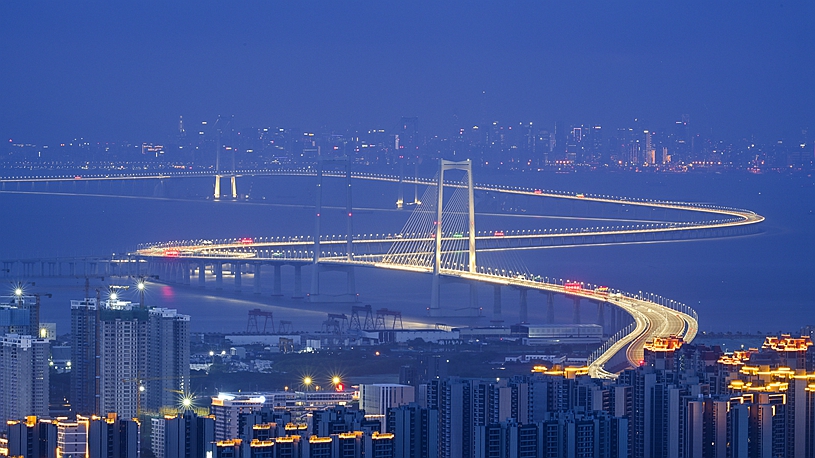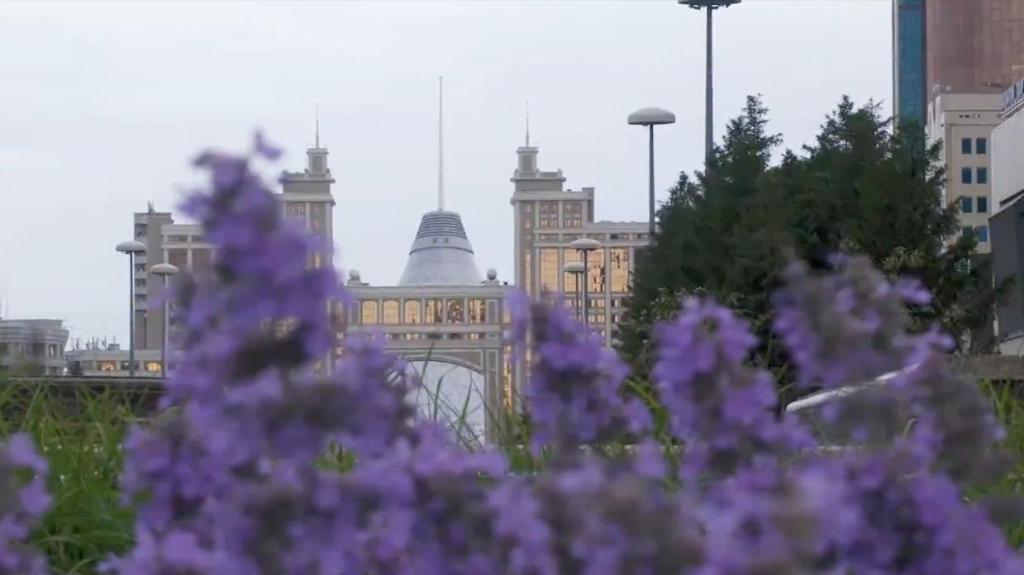GAZA, July 3 (Xinhua) -- Every day, Mohammed Nassar, a Palestinian man in the central Gaza Strip city of Deir al-Balah, has to wake up early, rush to a long queue, and wait for his turn to fill three bottles with salty water.
"I have to wait for many hours daily just to get some liters of water, not for drinking but to wash our faces, take showers or even wash the dishes," the 38-year-old father of five told Xinhua.
To fetch more water, Nassar would take his two children with him. He understands the kids are tired from this new rough routine, but he has no other choice.
They have to walk a long distance, 9 km at least, to reach the nearest free water station, a journey made even tougher by the scorching summer heat and the absence of transportation options.
"On such days before the war, I used to take many showers a day, but now I barely can do once a week," Nassar complained, saying: "I have to keep the water for other uses inside my tent."
Adding to the hardship, he is required to wait in yet another long queue for desalinated water used for drinking.
"Unfortunately, even the desalinated water is not healthy as the salty water is refined only once, instead of three times as was the norm before the war," he said, citing the lack of electricity and fuel to run the desalination stations in Gaza.
Even the poorly sanitized water comes at a steep cost -- 5 U.S. dollars daily. "Because of the current war, I became unemployed, and I don't have any source of income. How am I supposed to earn money to buy water?" he said.
Nine months into the Palestinian-Israeli conflict, war-torn Gaza is facing increasingly severe water shortages exacerbated by the dry summer, dwindling supplies, and devastated infrastructure.
About 67 percent of water, sanitation facilities, and infrastructure have been destroyed or damaged in the Gaza Strip, the United Nations Relief and Works Agency for Palestine Refugees in the Near East (UNRWA) said on the social media platform X in June.
Water production from groundwater wells, which historically accounted for 80 percent of Gaza's water supply, has recently dropped from 35,000 to 15,000 cubic meters per day, shrinking by over 50 percent of pre-war groundwater production capacity, according to UN statistics in June.
Because of the crisis, Mohammed Odwan, a Palestinian man in the southern Gaza Strip city of Khan Younis, had to delay his work to wait for his turn in the long queue.
"Day by day, our life becomes harder, and no one can deal with it," the 39-year-old complained. "In the past, I used to start my work in the early morning, but now I have to wait until the afternoon just to secure water for my family of 15."
If the current situation lasts for some more months, he said, "I am afraid I could lose my job, which is our only source of income. This means that I will not be able to keep my family afloat."
Water shortage also led to health challenges. Overcrowded living conditions and limited access to clean water have significantly increased the risk of infectious diseases. In May, the UNRWA reported a rise in cases of acute hepatitis and various forms of diarrhea in Gaza.
"The Israeli attacks have dragged the coastal enclave of the Gaza Strip into the abyss of lasting humanitarian disaster," Halima Baraka, a displaced woman in Khan Younis, told Xinhua, saying that she was forced to seek seawater as an alternative to daily life due to the acute water shortage.
"Neither the desalinated water nor the salty water is healthy, and I can't afford mineral water. Looks like the sea is our best option -- it can at least help us clean our clothes and bodies," the 45-year-old woman said sarcastically. ■











